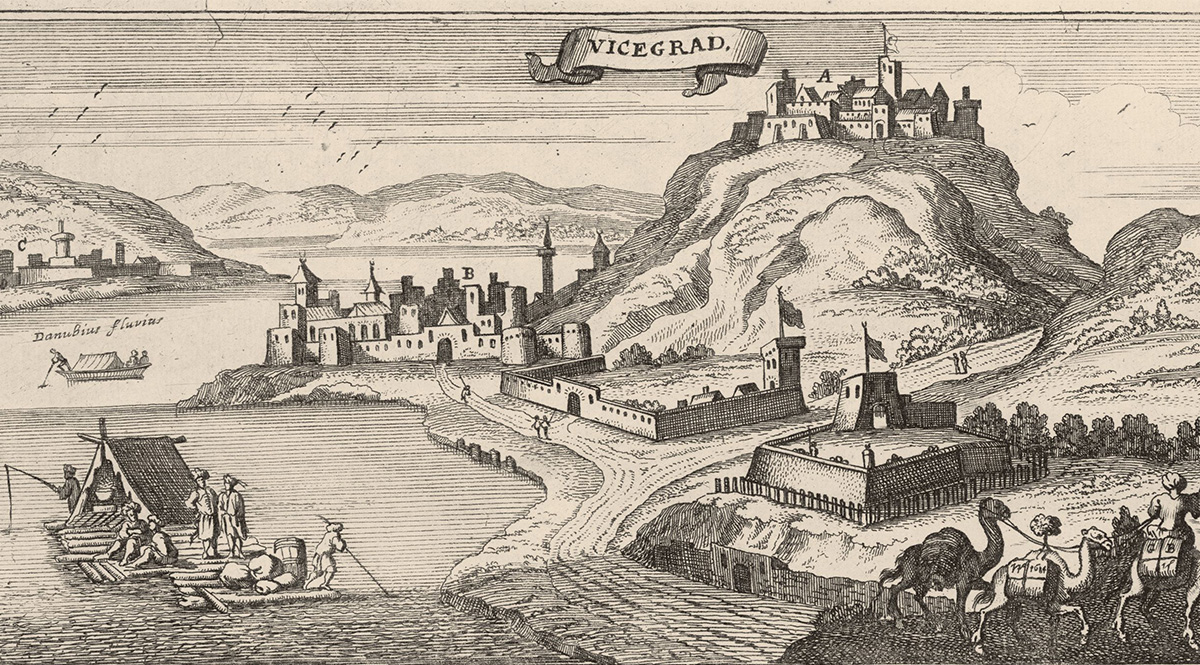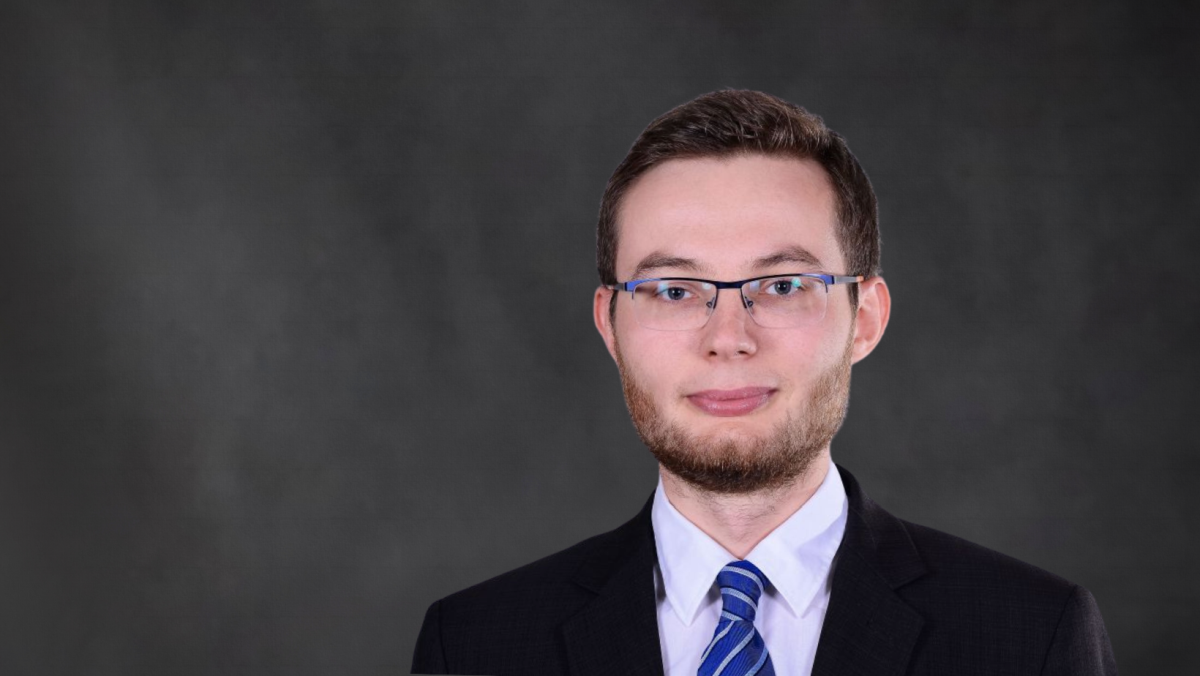"Back to Basics": Poland Takes Up Presidency of a Format in Crisis
In early July, Poland assumed the one-year presidency of the Visegrad Group (V4), which is in its greatest crisis since Czechia, Hungary, Poland, and Slovakia joined the EU, and at the root of it are fundamental differences in the members’ perceptions of Russia’s aggression against Ukraine. A series of summits of the group at the beginning of this year served primarily to keep the format functioning despite the deepening divisions, not to truly restore political cooperation. The same goal guides Poland’s modest leadership programme.
 / Imagno / Forum
/ Imagno / Forum
Crisis of Cooperation in the Visegrad Group
The problems in the V4 were sparked by Russia’s full-scale aggression against Ukraine. Indeed, it has highlighted the individual interests of the four Visegrad countries and the differences in their eastern and security policies. While Poland, Czechia, and Slovakia had been in the global vanguard of multifaceted support for Ukraine and efforts to isolate Russia, Hungary pursued a policy favourable to its own interests. It has consisted of limiting bilateral aid to Ukraine to humanitarian assistance and blocking EU support for the country and NATO strengthening cooperation with it, while also trying to limit the imposition of sanctions on Russia, making Hungary an outlier within the EU and the Alliance. With the change of government in Slovakia at the end of 2023, it also began to show friendliness towards Russia and reduce support for Ukraine.
Such a stark contrast within the V4 has made it impossible to continue political cooperation in it in the previous dimension. Consultations of EU policies and high-level meetings both have almost completely disappeared. Since the outbreak of the war, the V4 countries have acted jointly only in the area of energy and climate policy, including on a reduction in the maximum gas price cap from the European Commission’s proposal. Before the invasion, V4 prime ministers regularly coordinated their positions vis-à-vis EU policies, consulting, among other things, before European Councils. Since the attack, they have met only four times in the more than two years of the war. Ministerial contacts and parliamentary cooperation, among others, have similarly declined. The weakening of the V4’s functioning is also reflected in the number of joint declarations issued since the war—just three—compared to, for example, more than 30 in the year preceding it.
Despite the increasingly deep divisions within the V4, all of its members are keen to keep it functioning. Prime ministers, foreign ministers, and parliamentary presidents at V4 summits held in February and March this year after a months-long break highlighted their differences, but also pointed to a narrow consensus on the assessment of Russia’s actions as contrary to international law, as well as the legitimacy of humanitarian and demining support for Ukraine. At the same time, they signalled the potential for resuming Visegrad cooperation in the fields of energy, migration, and agriculture. So far, however, those veins remain untapped.
Modest Presidency Programme
The divergences between the Visegrad countries on fundamental issues translate into a modest programme of the Polish presidency of the group for the coming year, both in terms of content and volume. With the slogan “Back to Basics”, the programme justifies the need to refresh some of the original premises of Visegrad cooperation, pointing to ensuring freedom, human rights, and the rule of law, as well as European integration and security in Europe. Therefore, the presidency does not envisage new initiatives, rather a renewed focus on priorities whose overall tone is not in dispute within the V4: “citizen security”, “connectivity”, and “unlocking potential”.
The presidency is defining security issues broadly. It coincides with the duty of the Visegrad Battle Group within the EU. The V4 members will also continue to protect Slovakia’s airspace within the framework of the NATO Air Policing mission, which was one of the few recent Visegrad declarations. The presidency also foresees the possibility of further development of cybersecurity or health and civil protection activities, among others.
Faced with very limited room for formulating political goals, which are boiled down to existing security objectives, the Polish presidency has elevated the V4’s permanent, non-political goals to programmatic priorities. It assumes further bonding of the region through the development of road, digital, and energy infrastructure, while emphasising raw material security of the V4 countries. In turn, strengthening the social, educational, cultural, and tourism dimensions of Visegrad cooperation is to be served with resources from the International Visegrad Fund (IVF), whose annual budget the V4 countries want to increase from €10 million to €11 million.
The modest programme corresponds to the limited form of the entire presidency. It does not include a calendar of events, rather depending on its members, especially Hungary, to organise them, which is intended to minimise the danger of V4 activities being hijacked for national interests that are undesirable from the perspective of the presidency. The meeting of V4 prime ministers this year, convened only after Hungary agreed to Sweden’s accession to NATO, illustrates this. The exception is the annual meeting of V4 presidents, to be announced.
The minimalist approach to the group’s leadership is a continuation of the previous two presidencies. The Slovak one, in the face of divisions after the outbreak of the war, in addition to a slogan directed at the future of cooperation, proclaimed the need to “return to the roots”, that is, to focus on values such as the defence of human rights, as well as non-controversial areas such as economic development. The Czech one, on the other hand, focused on infrastructure development and socio-cultural goals. However, it emphasised more clearly than the Slovak one the need to help Ukraine.
Conclusions and Recommendations
The crisis in the functioning of the V4 is directly related to the differences in the eastern and security policies of the countries that comprise the format, highlighted in their responses to Russia’s attack on Ukraine. More than two years since the outbreak of the full-scale war, the previous regular and multifaceted political cooperation has been reduced to a minimum to sustain the platform’s functioning, which includes just a few high-level political meetings and joint declarations. The drop off in V4 activity is the biggest change in regional political cooperation in Central Europe.
In view of the fundamental divergences between the V4’s members, maintaining limited policy goals during the Polish presidency serves to minimise the risk of not fulfilling the programmatic arrangements. The Czech leadership of the group, based on a narrow, mainly social agenda and low activity, sustained Visegrad cooperation without risk of failing to meet its stated priorities. The exception was Czechia’s declared support of the V4 for Ukraine, which proved impossible to achieve in practice. Probably for this reason, this important goal for Poland is not among the priorities of its V4 presidency.
This does not mean that the remaining aims are easy to achieve. In particular, the priority of using the V4 to develop regional infrastructure runs the risk of modest results. While efforts in this area have significantly expanded, including along the north-south axis, this has generally been due to national goals or, at best, bilateral cooperation, and which has involved energy interconnectors in particular. In contrast, the construction of significant road or rail links with V4 participation is a challenge also experienced by other groupings, such as the Three Seas Initiative, for which, since its inception, infrastructure development has remained a hard-won flagship objective of its multilateral cooperation. In contrast, in view of the very general formulation of the third priority of the presidency, as well as the continuation of many aspects of educational, cultural, and expert cooperation, especially that based on IVF projects, the risk of failure is negligible.
Poland can use its presidency of the V4, which overlaps halfway through with its presidency of the Council of the EU, to communicate to regional partners its priorities in the EU and actions to implement them. Such consultative practice is familiar both in the V4 and in other regional cooperation formats. It is also fostered by the fact that, for the first time, the Polish presidency coincides with two consecutive presidencies of the Visegrad countries in the Council of the EU (Hungary holds this function in the second half of this year).




.jpg)
.jpg)
.jpg)